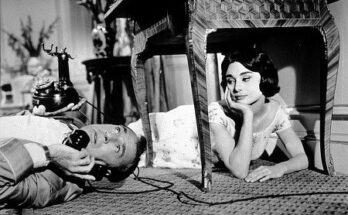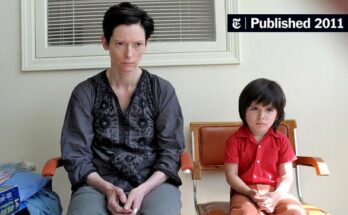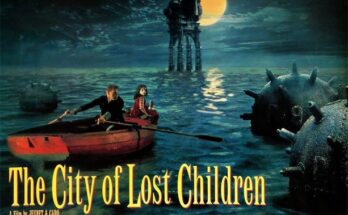Genre: Drama | LGBTQ+ | Melodrama | Spanish Cinema
All About My Mother (Todo sobre mi madre) is one of Pedro Almodóvar’s crowning achievements—a vibrant, compassionate, and deeply human film that pulses with sorrow and joy, grief and reinvention. Released in 1999, this Spanish drama won the Academy Award for Best Foreign Language Film and remains one of the director’s most beloved works, a perfect distillation of his style: bold colors, layered characters, and a fierce love for outsiders and survivors.
The story begins with Manuela (Cecilia Roth), a devoted single mother living in Madrid with her teenage son Esteban. On his seventeenth birthday, tragedy strikes: Esteban is killed in a car accident while chasing an autograph from his favorite actress. Shattered, Manuela leaves her old life behind and travels to Barcelona to find Esteban’s father—a transgender woman named Lola whom Esteban never knew—hoping to make peace with the past and honor her son’s memory.
What follows is a journey that weaves together a tapestry of unforgettable women: Agrado, a warm and hilarious transgender sex worker with unshakable dignity; Rosa, a young, kind-hearted nun (played by Penélope Cruz) with her own burdens to bear; and Huma Rojo, the glamorous, troubled actress whose performance in A Streetcar Named Desire becomes a haunting echo of Manuela’s own story.
With All About My Mother, Almodóvar crafts a vivid melodrama that feels both grand and intimate, unafraid to wear its heart on its sleeve. He celebrates women—mothers, daughters, performers, outcasts—and their strength to reinvent themselves in the face of pain and loss. Every scene is painted with his signature bold colors and expressive cinematography, infusing even the darkest moments with warmth and a strange kind of hope.
What makes the film so enduring is its deep compassion for people on the margins. It finds tenderness in the lives of sex workers, drag queens, HIV-positive nuns, addicts, and broken mothers—characters who are rarely granted such humanity and complexity on screen. Almodóvar’s love for these women, their resilience and contradictions, is palpable in every frame.
Cecilia Roth anchors the film with a luminous, deeply felt performance as Manuela—a woman broken open by grief yet still capable of extraordinary kindness and strength. The supporting cast shines just as brightly, especially Antonia San Juan as Agrado, who delivers one of the film’s most iconic monologues about authenticity and self-invention.
All About My Mother is not simply about loss—it’s about survival, chosen family, and the courage to keep living in the face of heartbreak. Like the plays that echo throughout the story, the film knows that life is a performance, but one where we find our truth in the spotlight and backstage, in laughter and in tears.
More than two decades later, All About My Mother remains a vibrant, generous masterpiece—a tribute to the women who hold the world together when it’s falling apart, and a reminder that even when grief rewrites our lives, love and reinvention are always waiting in the wings.



